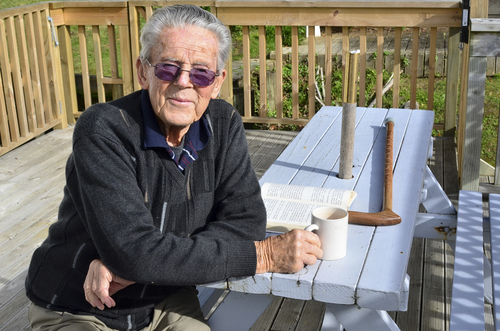 For many people, your home is your largest asset. Like your parents, and grandparents before them, you expect your home—in some way—to fund your retirement. For some of you, that means selling the home near retirement and using the funds to purchase a smaller home with money left over to live on. For others, you plan to live in your paid-off home until you die. Some of you aren’t sure how it all works; you just know that home ownership is supposed to be a great investment.
For many people, your home is your largest asset. Like your parents, and grandparents before them, you expect your home—in some way—to fund your retirement. For some of you, that means selling the home near retirement and using the funds to purchase a smaller home with money left over to live on. For others, you plan to live in your paid-off home until you die. Some of you aren’t sure how it all works; you just know that home ownership is supposed to be a great investment.
Is it an asset?
When listing your assets and liabilities, most of you list your home’s value as an asset. But for retirement purposes, you need to rethink that idea. If you use your home as an asset, then you must have some other place to live for free during retirement (living with your kids?) once you sell it to retrieve the money invested in it: the money you’ll use to pay medical bills, travel, expenses, vacations, etc. There is much more to consider when thinking about your home as a retirement investment.
Location
Is your home in the place you think you’ll live during your retirement years? You may think so when you buy it, but as your children move to other cities, or your bodies rebel against harsh winters or sweltering summers, you may need to consider different locations for retirement. An option is to purchase a vacation home in the area you think you’ll retire. Then, as the time comes, you can sell your primary home and live in the vacation home.
Equity
Often, you think your investment equity is the same as the home’s value. If the home isn’t paid off, though, your investment is only what you can sell for less the amount owed. If the plan is to sell your home and reinvest in a retirement condo, for example, after paying off the mortgage and fees and the full amount for the condominium, you may have less left over than you’re planning on.
Reverse Mortgage
Touted as a way to stay in your home during retirement, some of you may opt for a reverse mortgage. While a reverse mortgage offers two advantages (stay in your home and receive an income payment) they do not typically give you access to the full value of your home’s equity. When participating in a reverse mortgage, your estate or your heirs must repay the loan, or forfeit the home upon your death. Before considering a reverse mortgage, make sure your heirs understand they will not inherit your home free and clear.
Plan now
We can help you plan the right home purchase to meet your needs now and as retirement nears. Contact us and we’ll start working with you today to set your plans in motion.
Compliments of Virtual Results
 By submitting information, I am providing my express written consent to be contacted by representatives of this website through a live agent, artificial or prerecorded voice, and automated SMS text at my residential or cellular number, dialed manually or by autodialer, by email, and mail.
By submitting information, I am providing my express written consent to be contacted by representatives of this website through a live agent, artificial or prerecorded voice, and automated SMS text at my residential or cellular number, dialed manually or by autodialer, by email, and mail.



